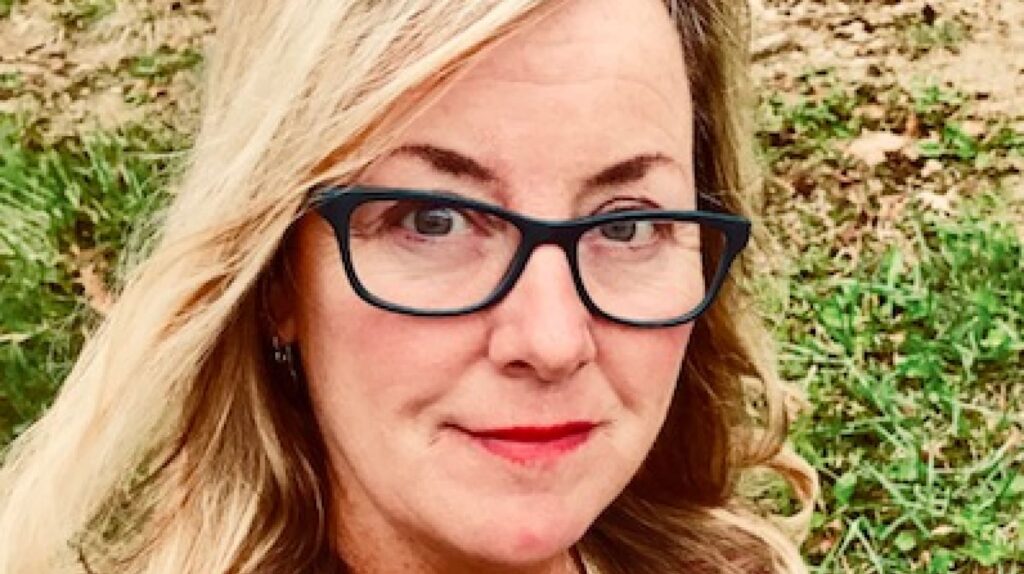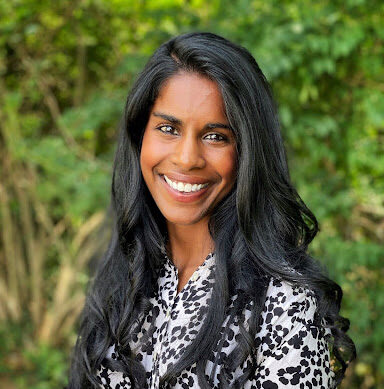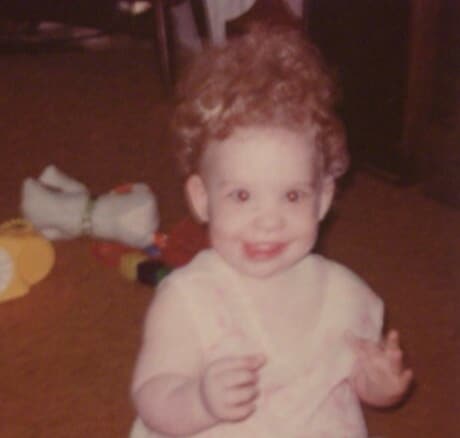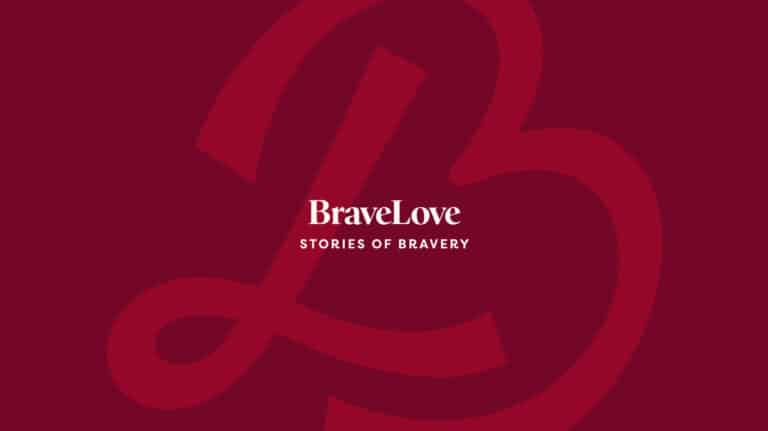"You were ahead of your time and I’ve never held anger toward you." - Paige
When did you learn you were adopted?
I have always known. My parents never hid that info from me. I’m very glad I never had to experience an “Ah-ha” or an “Oh no!” moment. I feel bad for any adoptee who found out this truth unexpectedly.
Do you recall how your parents explained why you were adopted?
I believe they told me what the welfare agency told them. It was not the full truth, but my parents never lied on purpose. In stages, as was age appropriate, they told me that my birth mother married my birth father but she was too young, and her grandmother broke up their marriage. They’d had a baby (me), and since the marriage ended, I could not stay with either of my birth parents. My birth mother was only 17.
Was your adoption open, semi-open, or closed?
Closed
Have you ever met your birth mother or birth father? If no, what would you want to say?
Yes and no. In 1987, I found out that the law in Ohio said that I could have my original birth certificate (OBC) since I was born and adopted before 1964. My parents said they never knew about that law. They assumed that a closed adoption meant I could never acquire that information, however the law really said that I could have it when I turned 21. My mom understood why I had the need to research; my dad not so much, but he accepted it in time.
My birth mother was deceased, but I found her two other daughters, an ex-husband who was not my father, and lots of aunties and cousins. The family was very welcoming and happy to have me in their lives. I was never kept a secret. My reunion with them has been a beautiful blessing for 30 years now. My birth father’s full name was also on my OBC, which is rare but I got lucky. He, his wife, and four other kids lived all this time about 20 minutes away from me in the same town. He was never married to my birth mother. In fact, he was engaged to another but had had a little “fling”. His wife knew all about it but harbored no resentment since he told her the truth. She wanted him to have a relationship with me, but my ability to do all the searching and figuring out intimidated him for a long time. It took him a while to understand that I had no anger or resentment. It took 15 years, but he finally came clean to his other four kids. After that we all connected and have been family ever since. My birth father passed in 2015. I did his eulogy. Between birth, in-law and adoptive families, we have blended and celebrated holidays, weddings, births and even funerals together. It is a blessing and an honor to be related to all. None of us have regrets for reuniting. Sometimes we miss not having a shared past, but we focus mostly on now.
To my birth mother (because she died before I had a chance to meet her): Your family is the best. I wish we could have met. You were ahead of your time and I’ve never held anger toward you. You did not do anything “wrong” regarding my situation. I understood that your plans took a sharp and unexpected turn, how sick you were and how no one else in the family was in a good enough position to help you at the time. It’s no one’s fault. I have always believed that, even before I met the family.
Do you have any negative feelings about your adoption? If so, what?
Not much is negative for me, especially since my life is good. However, even if lies are small, lying is wrong and manipulative. If an agency does this to cover up someone’s identity, it is unacceptable and unprofessional. A direct, “I’m sorry that information is confidential,” is better than stories that are not real. Also, I think agencies need to insist on one piece of cooperation in order for an adoption to take place: a detailed health history of as many birth parents, siblings, grandparents, aunts and uncles as possible. It is not right for an adopted person in this era of health and wellness awareness to have to tell medical professionals that they have zero health history.
From your perspective, why do you think some women don’t even consider adoption?
Today, choosing to parent as a single mom is more acceptable socially and doable than it used to be. Birth mothers who felt coerced and shamed years ago are speaking out about their experiences in the past. Birth mothers may not trust agencies to deal honestly or place the baby effectively, especially if they worry that the agency is more profit-centered than child-welfare-centered.
I’m sure you’ve heard the different myths about adoption. If you could dispel one of them - what would you say?
Myth - adoption is a 100% ideal solution for all parties. The truth is adoption can be a great thing, but agencies need to require education for prospective adoptive parents about potential grief, loss, confusion, trauma, curiosity and lack of trust/ faith some adoptees feel at differing stages in life, and how these feelings need to be validated, accepted and respected during the adoptee’s childhood through adulthood. Some adoptive parents also feel grief and loss if they are sad and frustrated that they could not conceive biologically. These feelings are also real and should be acknowledged and addressed before adding onto a family via adoption.
What’s your greatest wish for birth mothers today?
My wish is that birth parents have peace and freedom to educate themselves and the opportunity to make wise choices without manipulation. I wish that they always be told the truth by agencies and other figures of authority.
Paige Strickland is a parent, wife, teacher, fitness instructor, proud pet owner, and writer from Cincinnati, OH. She's the author of two memoirs about being adopted. Want to connect with Paige? Find her on Facebook and Twitter.



